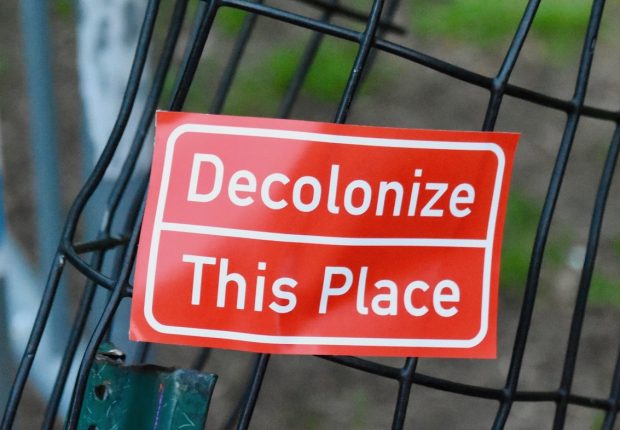For one part of my final project, I want to focus on professional development and staff training, and this amazing flipcard collection PD opportunities. There’s a huge range of learning opportunities here– from microlearning or multi-day workshops. There are labels for Indigenous, Indigenous Information, and Indigenous Language. A few of the courses I flagged to explore (many have passed but could be offered again, and the materials might be available for review):
- Outreach and Engaging with Indigenous Communities
- Oral History and Social Justice
- Indigitization Program
- Decolonization workshop
- How to create an oral history collection
It looks like it’ll be a great resource for professional development opportunities for educators in many contexts.

